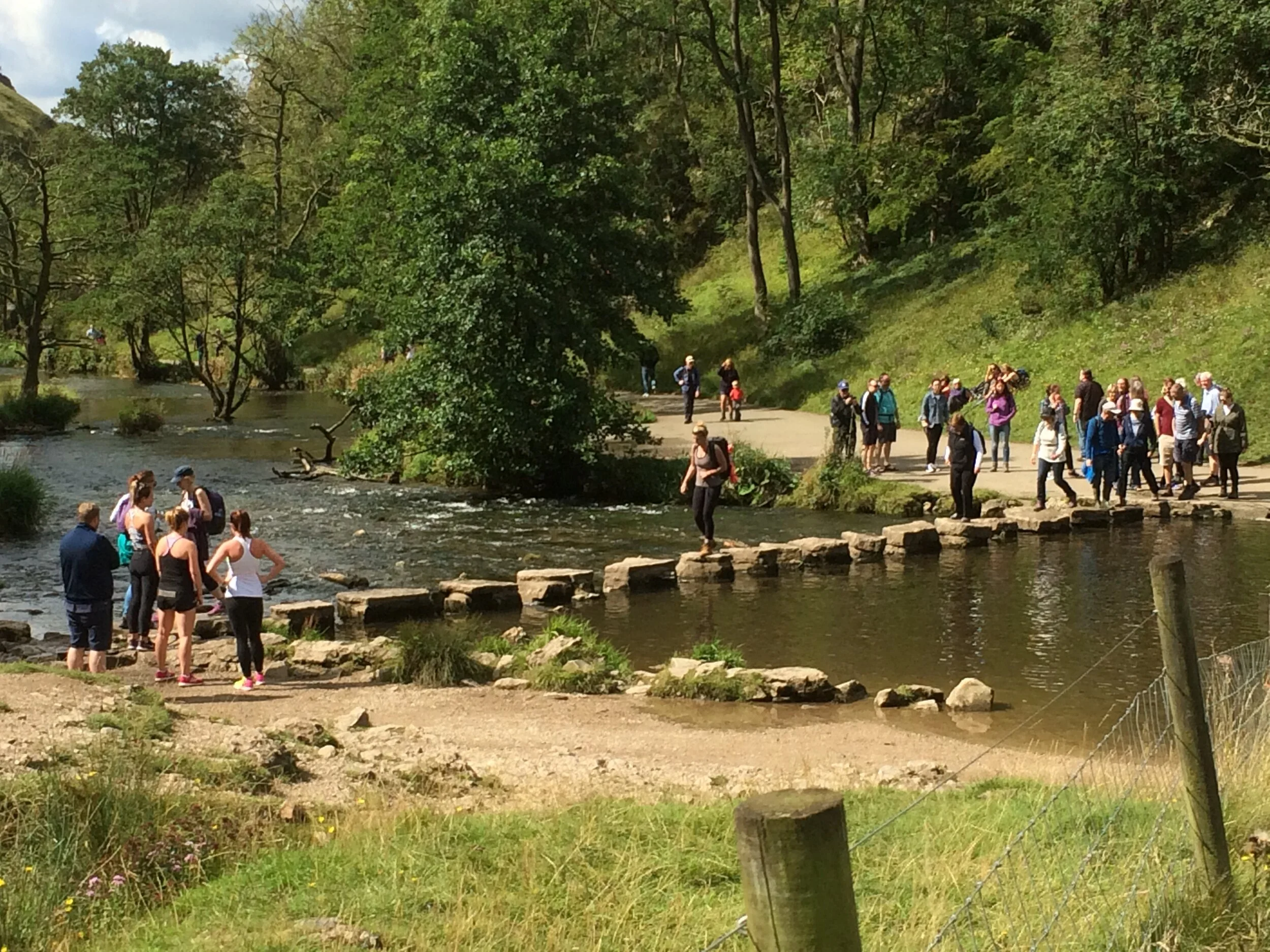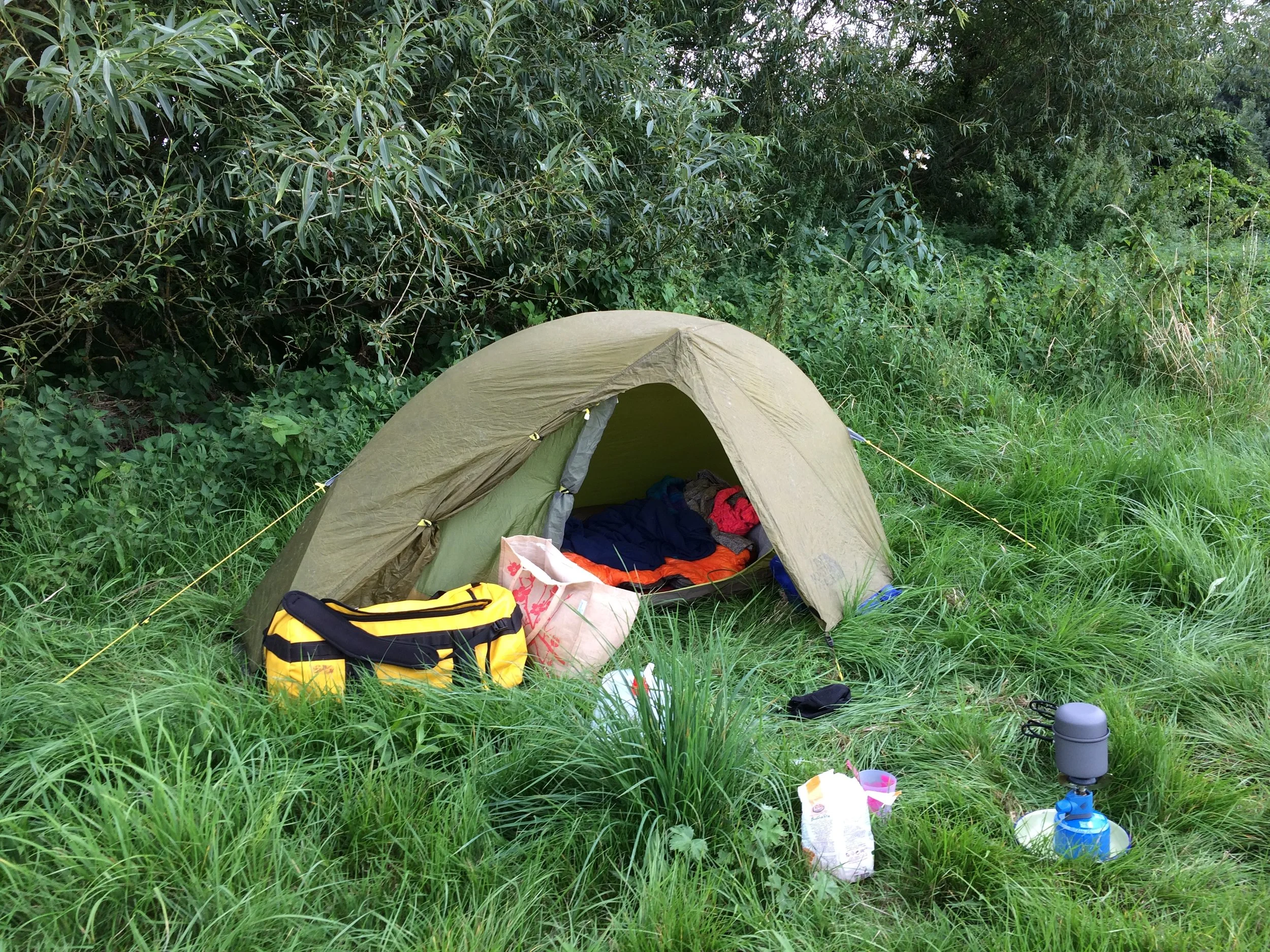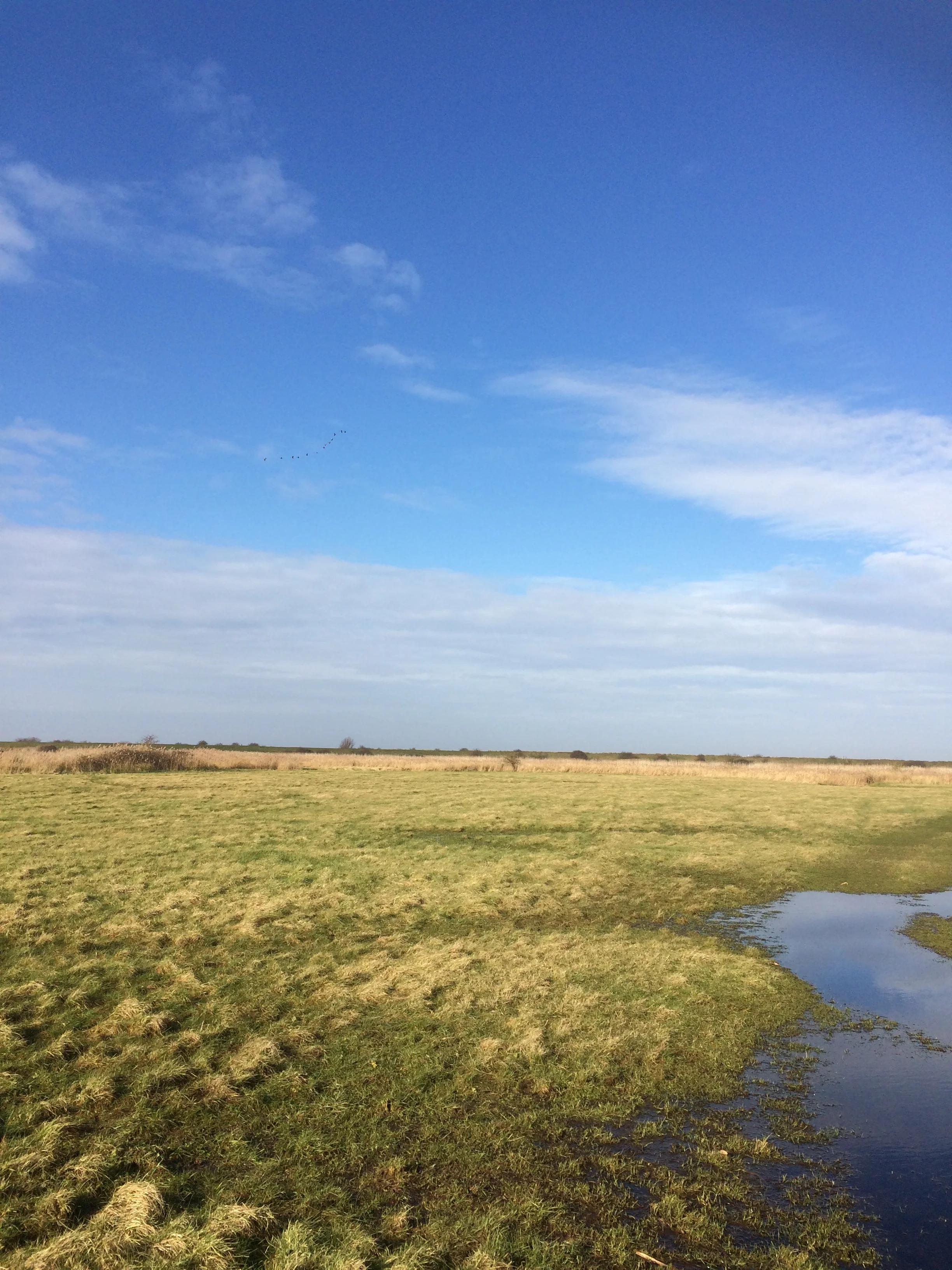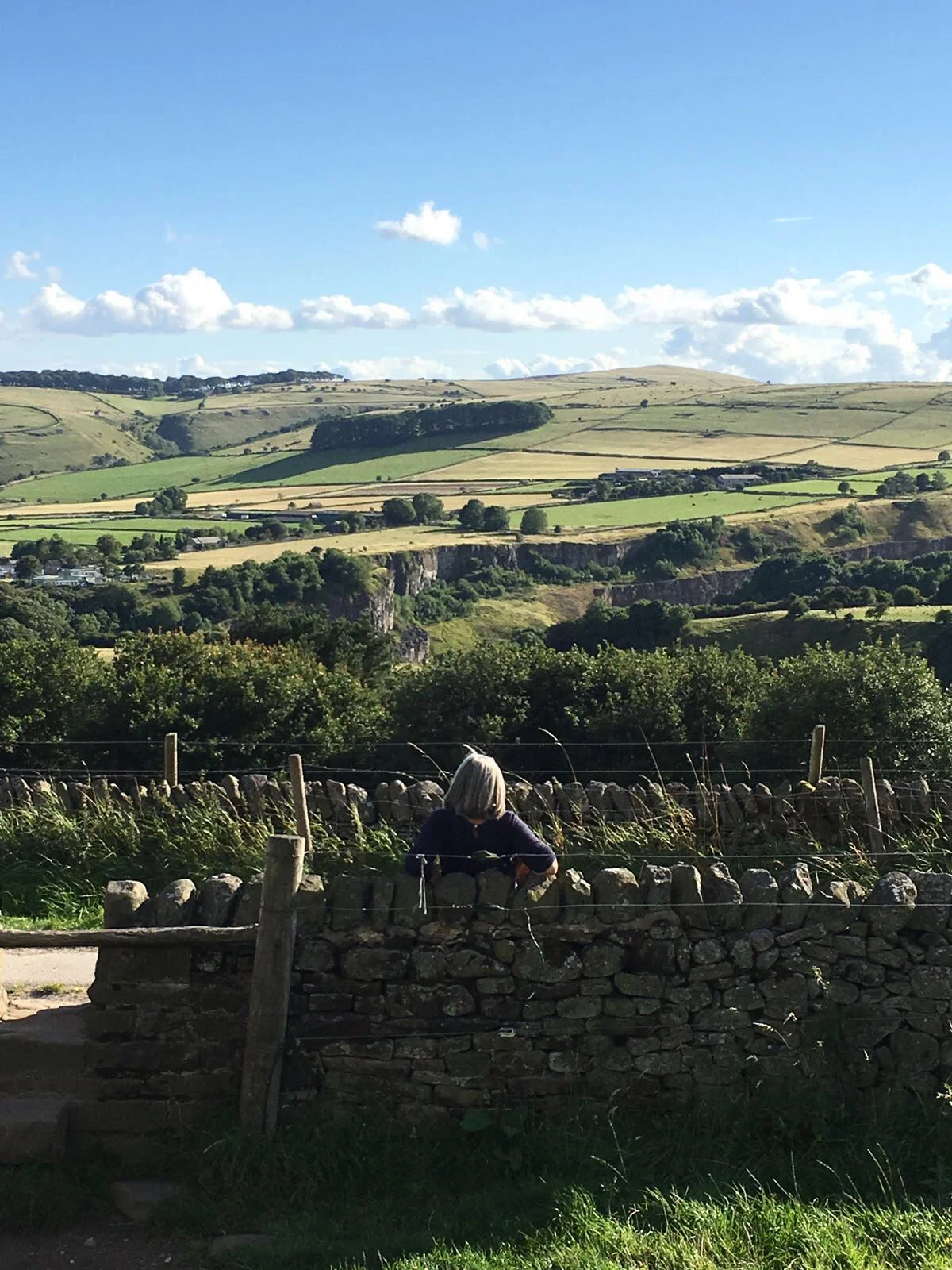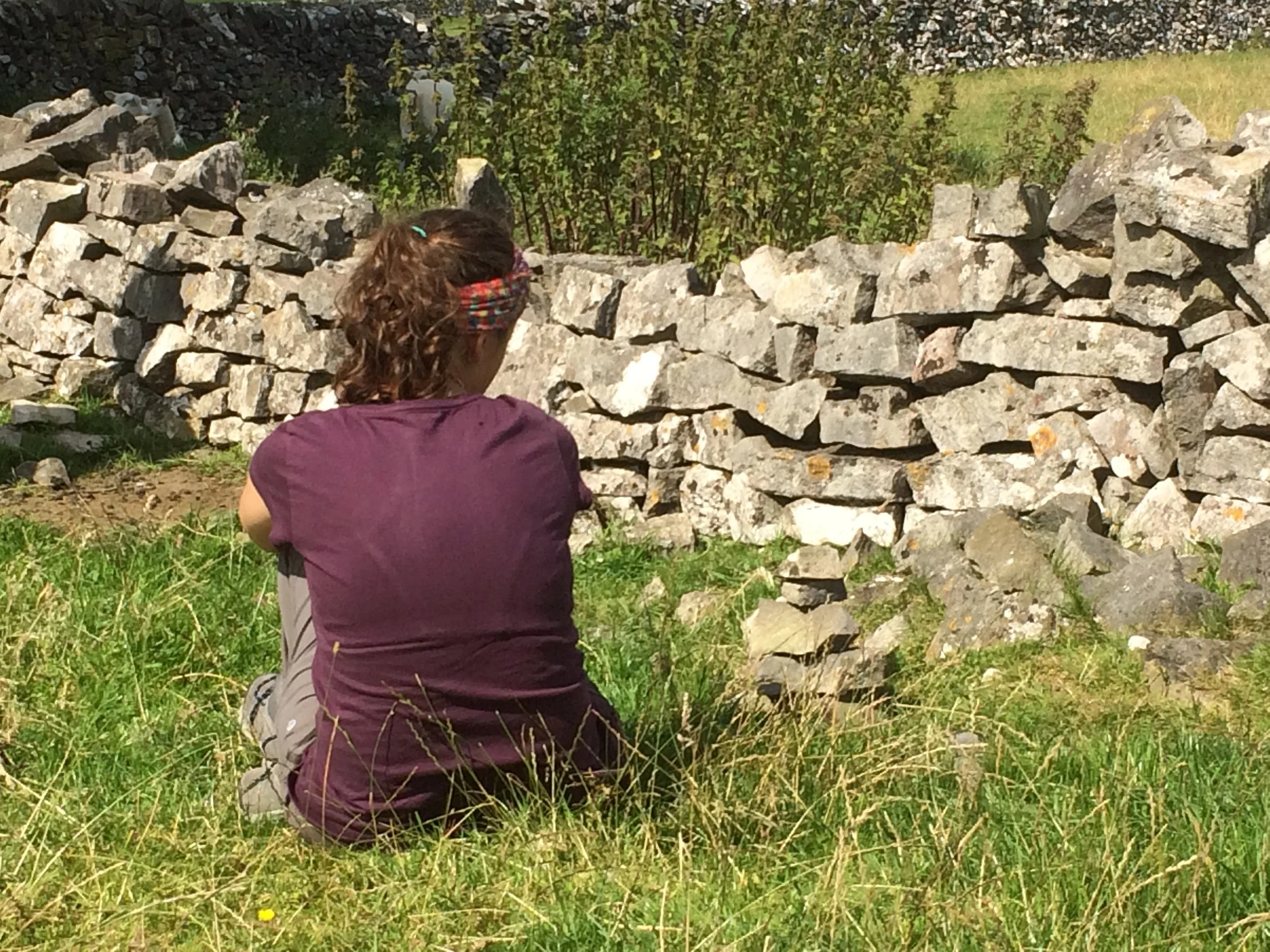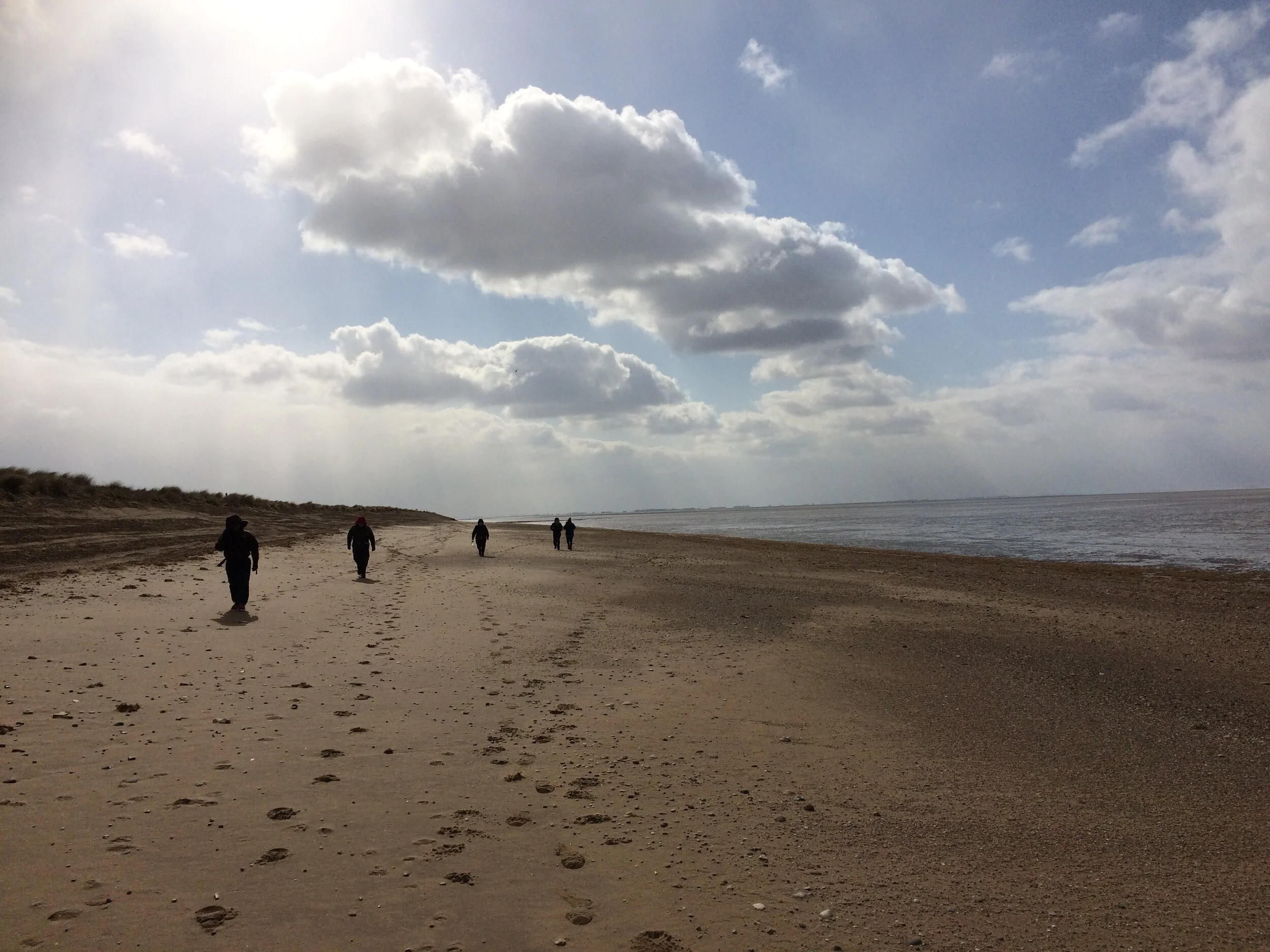
our ramblings
context & theory
of ecotherapy
landscapes and meaning 4
This is the last of a series of 4 blog posts, identifying some landscape features of walks, and suggesting some activities and dialogues to engage in, inspired by the names of these features. This article covers letters S-Z.
how does wilderness therapy work?
This article addresses the ‘how’ of ‘how does wilderness therapy work’ in a practical sense; what is wilderness therapy, how is it structured, what does it really entail and what does it actually look like on the ground. I have also included a list of wilderness therapy organisations in the UK.
pockets of wilderness; how to live with freedom and simplicity every day
As a teacher, my life was split into two discrete halves. One was characterised by order and routine; the other by freedom, wildness and adventure. After a while, it just didn’t seem healthy to live like this. I wanted to bring the spirit of the wilderness into my life in a more sustainable and nourishing way; to build a life more in tune with my wild soul. Read on to find out more about my journey and my discovery of “pockets of wilderness” in the everyday.
mindfulness and nature: the perfect combination for enhancing well-being
A guest post from blogger and traveller Danny Newman about the interplay of mindfulness and nature.
All of us could do with slowing things down, taking a step back and making personal wellness a priority. Practising mindfulness andspending time in nature are two great ways of doing just that. Put them together and you have an ideal combination for enhancing your well-being. So, let’s take a look at mindfulness and nature in turn, before considering the benefits of combining the two.
mental health and walking outdoors
Lots of people ask me how and why wilderness therapy works. Many of us can attest to the mental health benefits of going for a walk, but it is difficult to pin down exactly what are the factors that cause this effect. This is my attempt.
how the romantic poets invented wilderness therapy
It seems to me that the pedagogical climate of the early 21st century shares a great deal with this attitude of the Romantic poets. From the millennial optimism of Ben Fogle and the Taransay experiment, to the Noughties popularity of Robert Macfarlane, Chris Packham, Forest Schools and mindfulness, to the new developments in forest bathing and wilderness therapy, sociologists, psychologists, teachers and politicians know, deep down, that Nature is good for children, for all of us, and that screens are, mostly, bad. Our sensibilities in post-modern, post-industrial Britain, are profoundly Romantic at heart.

